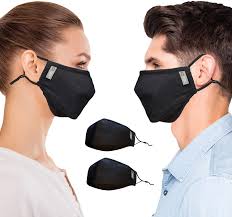Pesticides and chlorine linked to food allergies
Ann Allergy Asthma Immunol. 2012:109;420-425
Widely used pesticides and chlorinated water may be contributing to an increasing incidence of food allergies in the United States, according to a study published in the December issue of the Annals of Allergy, Asthma, and Immunology.
Elina Jerschow, MD, from the Albert Einstein College of Medicine/Montefiore Medical Center, Bronx, New York, and colleagues analyzed the records of a subset of participants aged 6 years old and older who had urinary metabolites of chlorinated phenols and allergen-specific immunoglobulin E levels measured as part of the National Health and Nutrition Examination Survey (NHANES) 2005-2006.
In unadjusted analysis, the researchers found that the presence of 1 or more dichlorophenol metabolites in urine "was significantly associated with sensitization to food and environmental allergens. Food but not environmental allergen sensitivity was positively associated with the use of home pesticides and urban living."
"Our research shows that high levels of dichlorophenol-containing pesticides can possibly weaken food tolerance in some people, causing food allergy," Dr. Jerschow said in a news release. "This chemical is commonly found in pesticides used by farmers and consumer insect and weed control products, as well as tap water." She concluded, "Previous studies have shown that both food allergies and environmental pollution are increasing in the US. The results of our study suggest these two trends might be linked and that increased use of pesticides and other chemicals is associated with a higher prevalence of food allergies."



